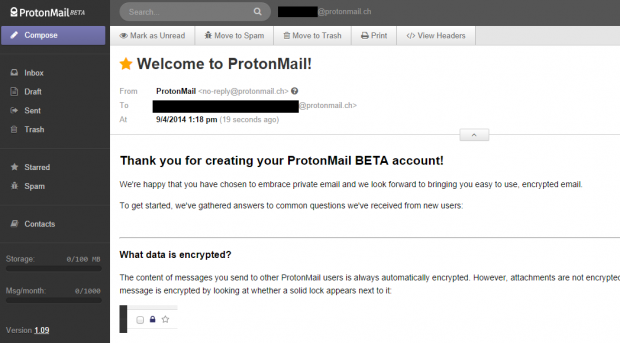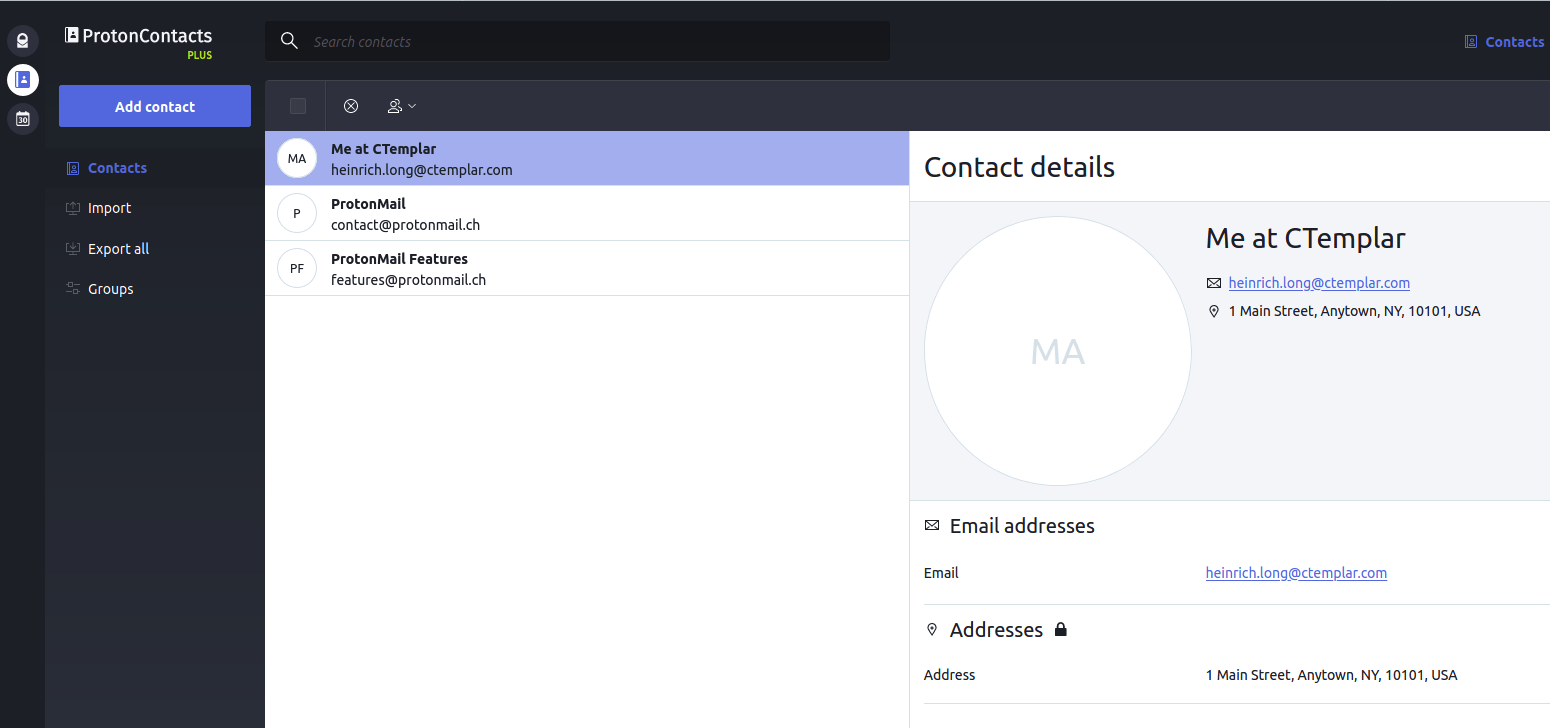


In this guide, we’ll take you through two methods of setting up an anonymous email account so you can choose the solution that works best for your needs. If you want to leave a negative review of a business or send a whistleblower email without fear of retaliation, it’s best to use an email that can’t be traced back to you. Keeping a separate email address for this purpose can also be helpful to reduce spam to your main email account.Īnother reason why you might want an anonymous email account is for safety reasons. You might want to sign up for a newsletter or use an email to register for a membership site without revealing your identity. Privacy is the most common reason people use anonymous email accounts.

There are several reasons why you might want to create an anonymous email. But if you want to create an anonymous email, this is not such an easy task. It’s quick and simple for anyone to set up an email address and send messages. If you would like to disable it, you can additionally pass TLSPinning=False.How to Create an Anonymous Email and Keep Your Identity Safe OnlineĮmail is one of the easiest ways to communicate on the internet. Usage Importįrom proton.api import Session, ProtonError Setupīy default, TLS pinning is enabled. If for some reason that is not possible, then a normal python installation can be accomplished. The recommended way to install the client is via OS-respective packages (.deb/.rpm/.zst), by either compiling it yourself or downloading the binaries from our repositories. It is possible disable TLS pinning (ie: to run with lower requests versions), but be aware of the risk. * versions lower than 2.16 of the Python Requests library are not officially supported due to the missing support for TLS pinning, which is required in order to properly verify and trust the connection to the Proton API. You can download the latest stable release, either from our official repositories or directly on the official GitHub repository. The Python Proton Client is intended for every Proton service user. This repository holds the Proton Python Client.įor contribution policy see CONTRIBUTING. Copyright (c) 2021 Proton Technologies AG


 0 kommentar(er)
0 kommentar(er)
